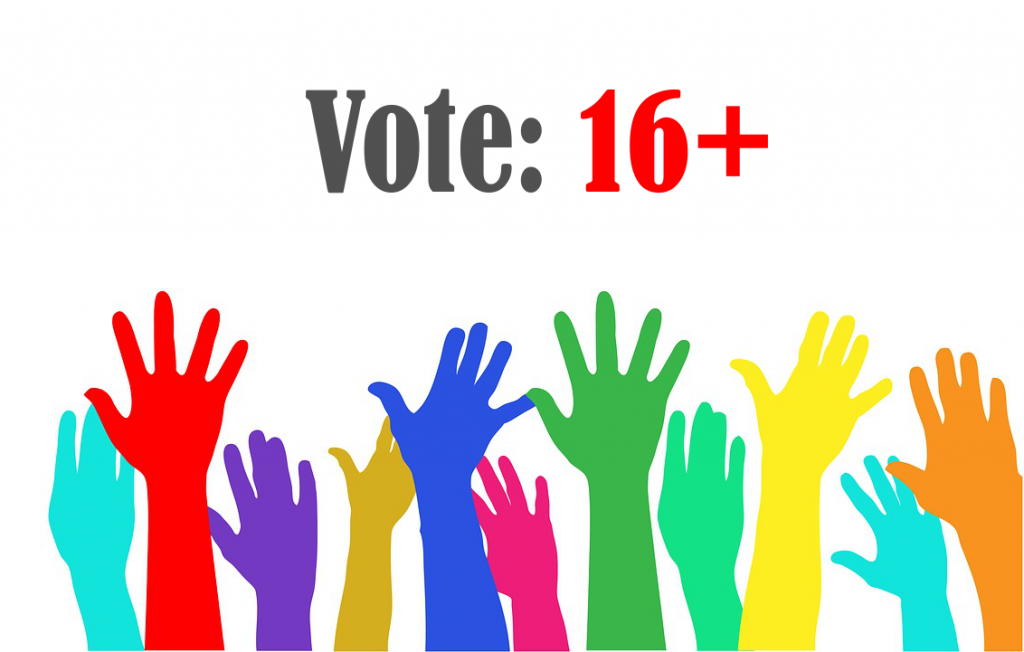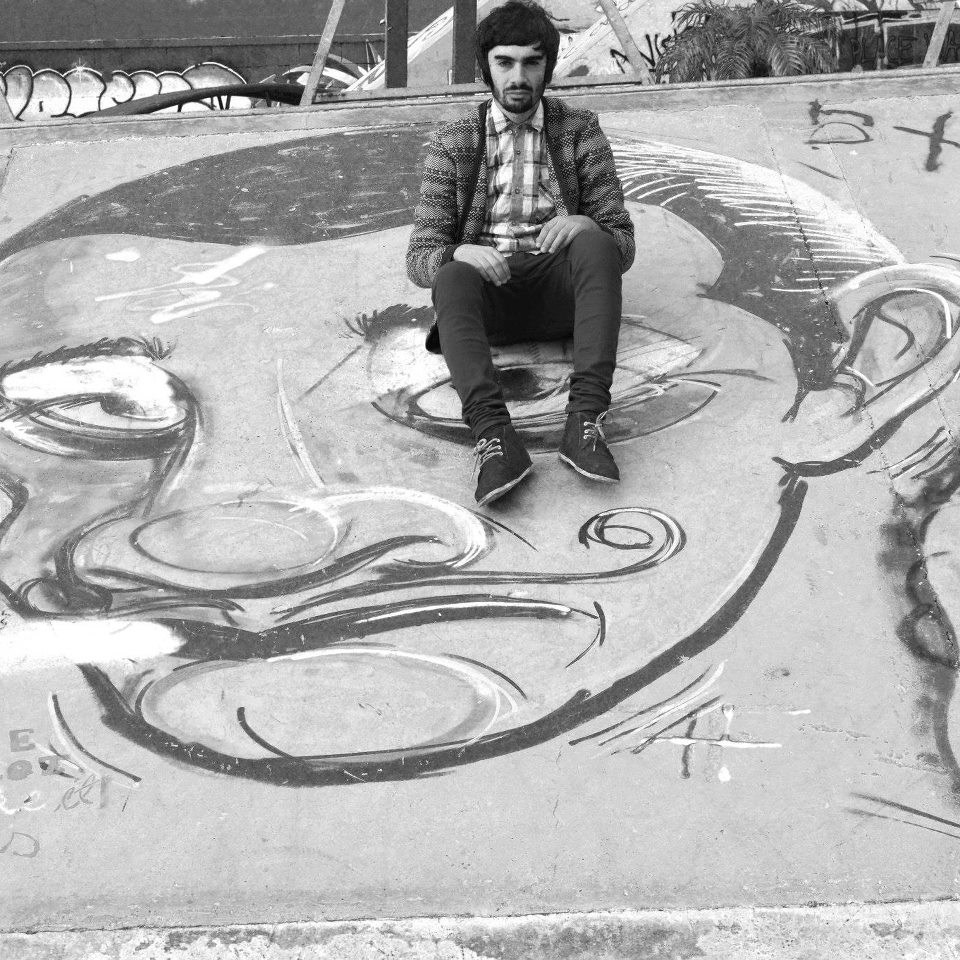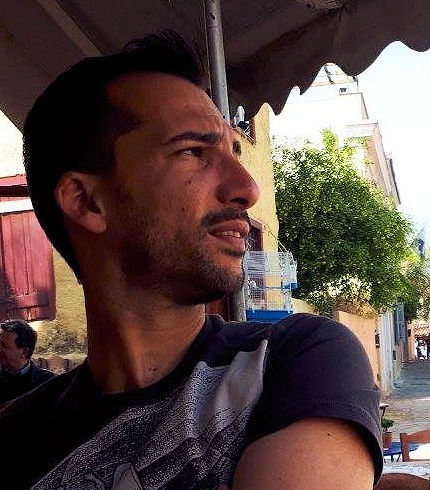
Isles of the Left authors discuss the reform.
[dropcap]O[/dropcap]n March 5, Malta became the 2nd EU member state after Austria to lower the voting age to 16. The reform adds 8,500 new voters who will be able to cast a vote during the elections for the EU parliament in 2019. This change is a conclusion of an earlier reform which granted 16-year-olds the right to vote in local council elections since 2015.
#Malta becomes second European Union member state, after #Austria, to lower voting age to 16 years in all elections. Parliament amends Constitution unanimously. We have made history, again -JM
— Joseph Muscat (@JosephMuscat_JM) March 5, 2018
Here is what we have to say about the reform:
Joseph Abela:
 While the changes in law will let 16-year-olds vote, they will not be able to contest for elections (except local council elections). Maybe the government’s intention was not to empower young people and encouraging active participation in society but to be one of the first in Europe. Appearing slick and modern looking is one of the tactics employed by Joseph Muscat’s government. How can you really want youth to participate more when they cannot contest themselves for elections? The fact that the Vote 16 scheme did not include an increase in political education confirms that the reform was more of a PR exercise than an actual empowerment of young people. While now 16-year-olds can be followers, they cannot lead themselves. The message that is being sent out is that 16-year-olds’ place in politics is to sit behind a politician in a meeting, as if they were mere props, and clapping when appropriate.
While the changes in law will let 16-year-olds vote, they will not be able to contest for elections (except local council elections). Maybe the government’s intention was not to empower young people and encouraging active participation in society but to be one of the first in Europe. Appearing slick and modern looking is one of the tactics employed by Joseph Muscat’s government. How can you really want youth to participate more when they cannot contest themselves for elections? The fact that the Vote 16 scheme did not include an increase in political education confirms that the reform was more of a PR exercise than an actual empowerment of young people. While now 16-year-olds can be followers, they cannot lead themselves. The message that is being sent out is that 16-year-olds’ place in politics is to sit behind a politician in a meeting, as if they were mere props, and clapping when appropriate.
Robert Castaldi:
 If the Vote 16 is introduced on its own, without broader discussions of social matters, it might murk the concerns and arguments that are raised on the credibility of the parties. The concerns are evident in the increasing numbers of citizens abstaining from voting. This increase in non-voters will be compensated by the swathes of young people voting for the major parties.
If the Vote 16 is introduced on its own, without broader discussions of social matters, it might murk the concerns and arguments that are raised on the credibility of the parties. The concerns are evident in the increasing numbers of citizens abstaining from voting. This increase in non-voters will be compensated by the swathes of young people voting for the major parties.
Matthew Darmanin:
 Personally, I am not opposed to the law in itself, however, I believe there should be more awareness and information given to the voters in terms of general politics, aside from the heavy dose of partisan politics that we are all surrounded by. Knowledge of the political spectrum and the parties’ alignment on the spectrum (both past and present) should also be given to help the voters differentiate between solely red, blue or green.
Personally, I am not opposed to the law in itself, however, I believe there should be more awareness and information given to the voters in terms of general politics, aside from the heavy dose of partisan politics that we are all surrounded by. Knowledge of the political spectrum and the parties’ alignment on the spectrum (both past and present) should also be given to help the voters differentiate between solely red, blue or green.
Raisa Galea:
 It feels awkward to comment on this matter since, as a non-EU citizen, I do not yet have the right to vote in Malta. In fact, in a truly democratic society, the option of political participation is available to as many members as possible. And that should include all foreigners like myself, who have been living in a country for a number of years and who have become locals here.
It feels awkward to comment on this matter since, as a non-EU citizen, I do not yet have the right to vote in Malta. In fact, in a truly democratic society, the option of political participation is available to as many members as possible. And that should include all foreigners like myself, who have been living in a country for a number of years and who have become locals here.
I do support youth involvement in politics. However, I have reservations about the seeming rationale of the reform. It looks to me an initiative to harvest votes from youth, polarised along the partisan lines. So I’d say: Yes to youth having a say on our common future, social and political awareness, active participation in daily lives of the local communities. No to further partisan indoctrination of youth (and anyone else).
Rachael Scicluna:
 The vote is a fundamental right. It makes an individual a citizen, with duties to fulfill. To me, having such a right is a responsibility towards one’s country but also towards the ‘self’ – it has a decisive power. By contemporary standards, 16-year-olds are caught somewhere in betwixt and between – they’re neither adults nor children. We often sideline them from certain duties because they are not quite adults yet. Thus, we exclude them from society’s issues and political concerns. Our education and curriculum doesn’t focus on such aspects. Our children and youth are not taught creatively on how to think about political and social issues. And this is a problem in itself as our children and youth feel far removed from our national concerns and goals.
The vote is a fundamental right. It makes an individual a citizen, with duties to fulfill. To me, having such a right is a responsibility towards one’s country but also towards the ‘self’ – it has a decisive power. By contemporary standards, 16-year-olds are caught somewhere in betwixt and between – they’re neither adults nor children. We often sideline them from certain duties because they are not quite adults yet. Thus, we exclude them from society’s issues and political concerns. Our education and curriculum doesn’t focus on such aspects. Our children and youth are not taught creatively on how to think about political and social issues. And this is a problem in itself as our children and youth feel far removed from our national concerns and goals.
Francois Zammit:
 As someone who has been teaching 16-year-olds for the past 8 years, I can state that some of the class discussions I have had with them where far superior in quality than most of the political debates that we have witnessed over the past years on TV and in parliament. Case in point is the current uproar against firearms legislation in the US which is being led by 17-year-olds.
As someone who has been teaching 16-year-olds for the past 8 years, I can state that some of the class discussions I have had with them where far superior in quality than most of the political debates that we have witnessed over the past years on TV and in parliament. Case in point is the current uproar against firearms legislation in the US which is being led by 17-year-olds.
Having said that, I am unsure whether giving the right to vote to young people, without the necessary emphasis on the responsibility and duty, entails it is a good idea. Even more concerning is that electoral manifestos will become more and more of a wishlist based on garnering votes as opposed to promoting values and governance. The vote should be given in conjunction with a new educational programme that teaches and educates about the law, politics and the institutions. Considering that most students only get to learn about these in Systems of Knowledge after joining sixth form (there is nothing equitable to it in other institutions like MCAST) shows a grave deficiency. Even worse is the fact that many students do not take the subject seriously and tend to ignore the importance of following such a programme. Give the vote, but as an informed duty, not an entitlement.
![]()
Having said all of the above, we are confident that the young readers of Isles of the Left will make informed, responsible participants of democracy. To all of our readers: You Rule!
Leave a Reply